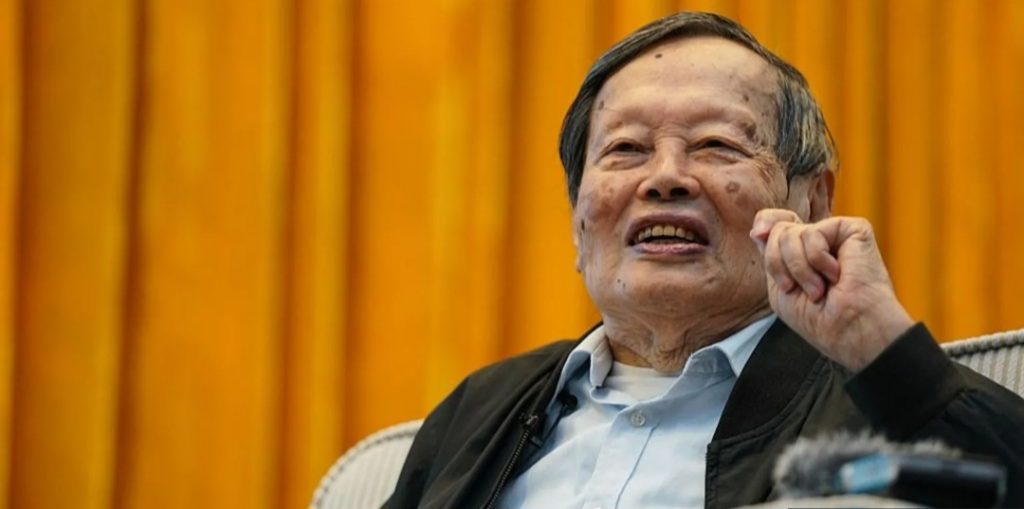
Crystal Dike
Chen Ning Yang, Nobel laureate and one of the world’s most influential physicists, died on October 17, 2025, at the age of 103, according to Chinese state media.
An obituary released by China Central Television (CCTV) cited illness as the cause of death.
Yang, along with fellow theoretical physicist Lee Tsung-Dao, won the Nobel Prize in Physics in 1957 for their groundbreaking work on parity laws, which reshaped understanding of the behavior of elementary particles—the building blocks of matter.
Born in 1922 in Hefei, Anhui Province, eastern China, Yang was the eldest of five children. He grew up on the campus of Tsinghua University, where his father was a professor of mathematics. As a teenager, he once told his parents: “One day, I want to win the Nobel Prize.” He achieved that dream at the age of 35.
Yang earned his science degree in 1942 from the National Southwest Associated University in Kunming, and later completed a master’s degree at Tsinghua University. After the Sino-Japanese War, he travelled to the United States on a Tsinghua fellowship and studied at the University of Chicago, where he worked under Italian physicist Enrico Fermi, inventor of the world’s first nuclear reactor.
Throughout a prolific career, Yang made significant contributions across various branches of physics, particularly in statistical mechanics and symmetry principles.
In addition to the Nobel Prize, he received the Albert Einstein Commemorative Award in 1957 and an honorary doctorate from Princeton University in 1958.
Yang served as a professor and honorary dean at Tsinghua University’s Institute for Advanced Study in Beijing.
He married his first wife, Chih Li Tu, in 1950, and they had three children. After Tu’s death in 2003, Yang married Weng Fan in 2004, a woman more than 50 years his junior, whom he described as his “final blessing from God.”
Yang’s death marks the passing of one of modern physics’ most distinguished figures, whose legacy continues to shape scientific thought around the world.
